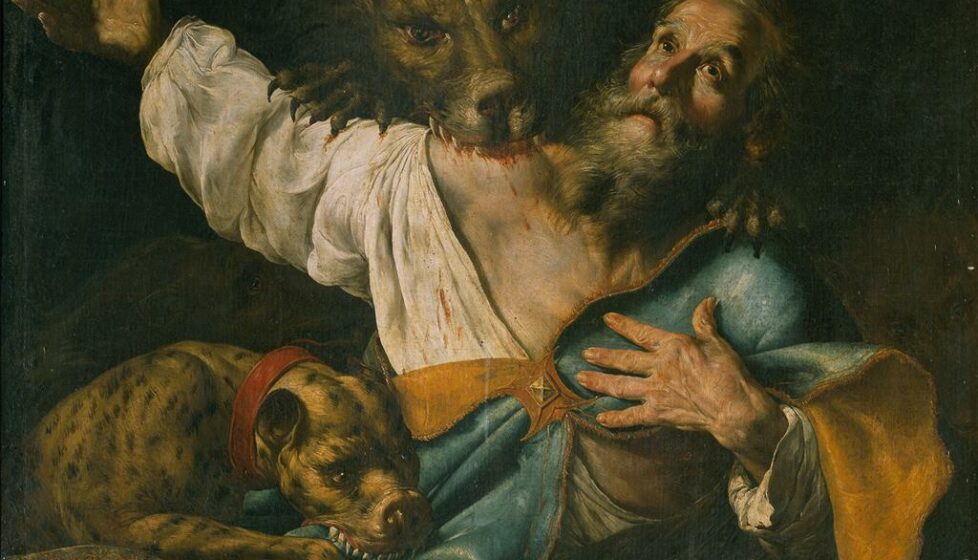Stories of Christian Martyrs: Shahzad and Shama
Pakistan

Shahzad and his wife, Shama, clung to each other and prayed as more than five hundred Muslims surrounded their house, shouting insults and threats. The mosque leader had accused the couple, over the loudspeaker, of burning a copy of the Koran, fueling the mob’s rage. “They have burned the Holy Koran!” they shouted. “We will teach them a lesson!” It didn’t take long for the accusation to spread.
After entering their house through a hole in the couple’s thatched roof, the angry Muslims dragged them outside. Despite their pleas for mercy and Shama’s pregnancy with their fourth child, the mob beat them ruthlessly, breaking both Shahzad’s and Shama’s legs. Next, the mob tied them behind a tractor and dragged them for more than thirty minutes.
Shahzad had moved to the Pakistani city of Kot Radha Kishan in 2000 with his brothers and their father, Nazar. Because of their Christian faith, they had difficulty finding work. In Pakistan, Christians are treated as second-class citizens and often must work as street cleaners or sewage workers. Shahzad and his family found work at a brick kiln. It was hard work but provided enough money for food and a place to live, even though they lived as slaves and owed a large debt to the brick kiln owner.

Six years later, Shahzad married a Christian woman named Shama. Together, they devoted themselves to the Lord and to the Christian community, meeting with local Christians twice a month for prayer. However, Shahzad’s father, Nazar, had befriended some local Muslims and even began joining in some of their rituals. This disturbed Shama, who pleaded with him to stay true to Christ. Nazar later heeded his daughter-in-law’s advice and stopped participating in the Muslim rituals, and it did not go unnoticed in the community. Muslims in the village thought Shama had converted him from Islam to Christianity, and their resentment toward her grew.
When Nazar became ill, Shahzad took time off work to find treatment for him. When Nazar died at the end of October, Shahzad returned to his job at the kiln, only to be beaten by his superiors for missing work. Shahzad then decided they could no longer stay at the kiln. But they owed the owner a large debt, passed on from Nazar, and Shahzad wanted to leave on good terms. “Tell us how much money we owe you,” he told the owner. “We will return it and leave your brick kiln.”
The kiln owner and his clerk did not want the couple to go free. They already resented Shahzad for not letting his wife work there, for fear the men would take advantage of her. The kiln owner and his clerk devised a plan: If they accused Shahzad and Shama of burning a copy of the Koran, they would be beaten and thrown in jail. So early on the morning of November 4, 2014, the kiln owner and his clerk went to the local mosque and accused the Christian couple of the crime, creating outrage in the Muslim community.
After the mob dragged Shahzad and Shama around the kiln yard, their lifeless bodies were stuffed into the vent holes above the brick kiln oven and burned. The vicious attack had lasted four hours.
Police reported that there was no evidence of Koran burning, and local politicians condemned the killings. Four hundred people were arrested and jailed for their actions that day, and a movement was begun to change the country’s blasphemy laws, which have been widely used against Christians and others by anyone who has a grievance against them. Under the laws, Christians have been falsely accused of blaspheming Islam, the Koran and Muhammad. Shahzad and Shama clung to their faith in Jesus in their final moments, and their deaths were not in vain.
This story is an excerpt from Foxe: Voices of the Martyrs. You can get your own copy free with any donation to The Voice of the Martyrs.



 Guide
Guide